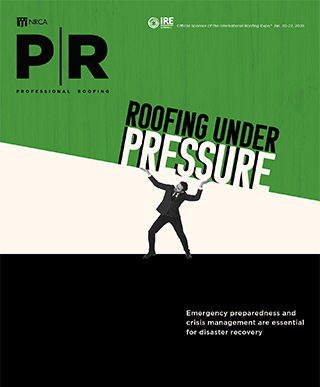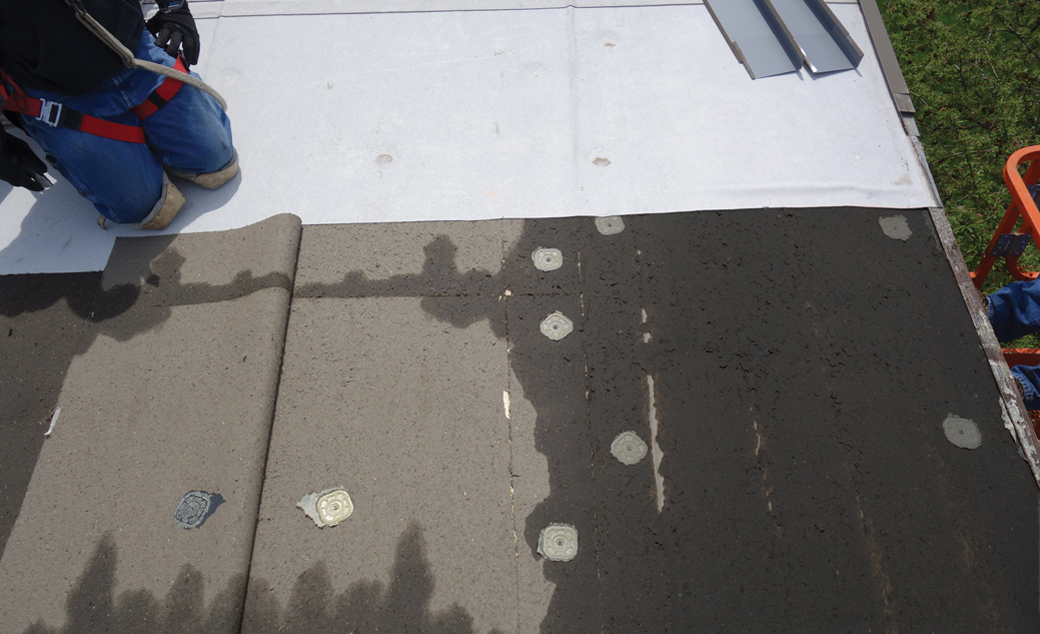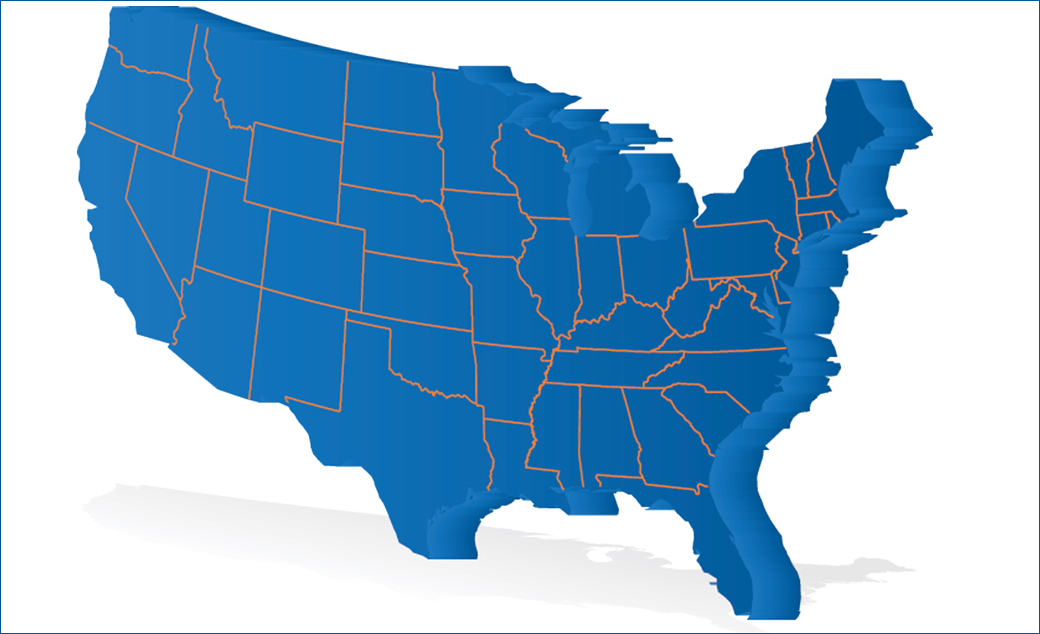OSHA levies fines for no fall protection
The Occupational Safety and Health Administration (OSHA) has cited Fastrack Erectors Inc., Pacific, Mo., for seven willful and three serious safety violations, and ARCO National Construction Co. Inc., St. Louis, with four serious violations following the death of a 22-year-old apprentice ironworker July 25, 2014.
According to OSHA, the worker fell more than 30 feet to his death while standing on a 9-inch-wide steel girder on a building under construction in Kansas City, Mo. OSHA reports the worker only had been on the job a few weeks and was not provided fall protection.
OSHA's inspection found Fastrack Erectors violated its own safety manual and a signed contract with ARCO National Construction, the site's general contractor. The contract required subcontractors working at heights higher than 6 feet be provided with adequate fall protection.
OSHA also found Fastrack Erectors allowed workers to climb scissor-lift guardrails to access a steel frame and decking; allowed workers to climb the rails of an aerial-lift basket; used makeshift devices on scaffolding platforms to increase working heights; did not inspect fall-arrest systems before use; and failed to instruct workers regarding the use of fall-protection equipment.
In addition to the willful and safety violations, OSHA has placed Fastrack Erectors in the Severe Violator Enforcement Program and has proposed $511,000 in fines as a result of the inspection.
ARCO National Construction was cited with serious violations for lack of fall protection during steel-erection activities, using makeshift devices to increase working heights, and climbing the guardrails of the aerial and scissor lifts. OSHA has proposed penalties of $24,000.
Both companies have 15 business days to comply, request an informal conference with OSHA's area director, or contest the findings before the independent Occupational Safety and Health Review Commission.
For more information, visit www.osha.gov.
NRCA issues regulatory reform statement
NRCA Executive Vice President Bill Good has issued the following statement in response to the U.S. House of Representatives' approval of the Regulatory Accountability Act of 2015 (H.R. 185). The House approved the bill with a 250-175 vote.
"Roofing contractors face an unprecedented combination of regulations issued by the federal government, including rules issued by the Department of Labor, Occupational Safety and Health Administration, and National Labor Relations Board, among others. The cumulative burden of counterproductive regulations is highly disruptive to entrepreneurs seeking to start or grow a business. Moreover, some regulations that have been issued in recent years provide little or no benefits to the public and can even be counterproductive in efforts to maintain a safe working environment in the roofing industry.
"As such, NRCA strongly supports regulatory reform to provide small and midsized businesses with much-needed relief from excessive regulations. The Regulatory Accountability Act will update the regulatory process that has been in place for more than 65 years under the Administrative Procedure Act. Among other reforms, H.R. 185 will hold agencies more accountable by providing on-the-record administrative hearings, requiring agencies to present supporting data to the public before a regulation is formally proposed, providing more rigorous rules for agency use of guidance documents, and requiring agencies to justify regulations as the best alternative among a range of options.
"With these and other reforms, this legislation will provide more opportunities for public input during the development of regulations, minimizing the potential for rules that are burdensome to employers. The reforms implemented by this legislation also will greatly enhance the opportunity for success in legal challenges to regulations.
"Again, NRCA applauds House passage of this bipartisan legislation that will inject greater transparency and accountability into the federal regulatory process, and looks forward to working with senators to advance this or similar legislation in the Senate."
Report shows construction workers among happiest employees
According to TINYpulse's 2015 Best Industry Ranking, construction and facility service workers are the happiest employees. The data was gathered from anonymous feedback surveys received from more than 30,000 employees in 500 organizations throughout 12 industries.
Also placing high on the list are the consumer products, technology and software industries. Telecommunications, energy and utilities, and health care rounded out the top five, and manufacturing placed last.
According to the report, the top-three issues affecting employee happiness are managers who aren't supportive, not having the tools to succeed and no opportunity for professional growth.
In the construction industry, various organizations offer coaching, career mentorships and apprenticeships to provide the skills required to move on to more challenging work, leading to employee satisfaction.
SPRI revises standard
SPRI has revised ANSI/SPRI WD-1, "Wind Design Standard Practice for Roofing Assemblies," for submission and inclusion into the International Building Code.
The wind-design standard provides general building design considerations, as well as methodology for selecting an appropriate roof system to meet the wind-uplift pressures calculated in accordance with ASCE 7, "Minimum Design Loads for Buildings and Other Structures."
"Revisions to ANSI/SPRI WD-1 include additional insulation fastening patterns, along with more detailed, practical examples," says Joe Malpezzi, SPRI's task force chairman. "This standard practice is appropriate for nonballasted built-up, modified bitumen and single-ply roof system assemblies installed over any type of roof deck."
In addition, SPRI has revised and reaffirmed ANSI/SPRI RD-1, "Performance Standard for Retrofit Drains" in accordance with ANSI's five-year cycle requirements.
For more information and to download the standards, visit www.spri.org or contact info@spri.org.



